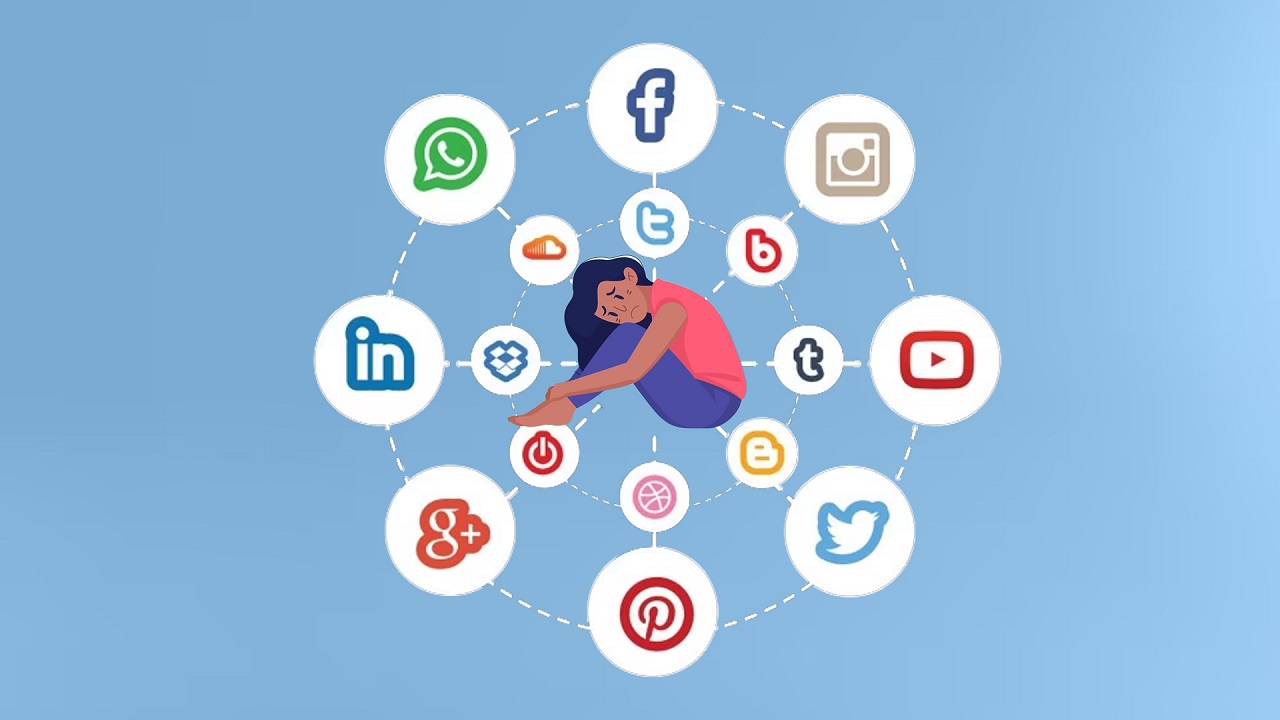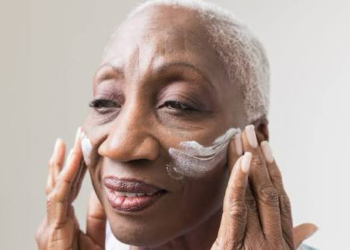
Mental health is about our emotional, psychological, and social well-being, and how these are affected. It is about how we act, feel, and think. It helps to determine how we will handle stressful moments, relate with people around us and make healthy choices and informed decisions. However, all these are also dependent on other factors around us. Things which we are exposed to daily, such as the use of social media.
Today, social media is a regular feature in the life of more than half of the world’s population and it has come to stay, at least for now and for many years to come. Daily, millions of people, especially young people, use social media for different reasons, ranging from the need to connect with people (known and unknown to them), to join popular or even less popular public or private events, and even to bring live events to people all over the world. In the last few years, the number of people using social media has increased tremendously, as a result of the COVID-19 pandemic and the need to live the ‘new normal’ and to also keep regular activities going on with little to no disruption. Consequently, many of the regular activities that we would have done physically are now being done virtually, and some of the time in loneliness too. For this reason, some people are worried about the impact of such on the mental well-being of human beings. Researchers are of the opinion that the time people spend on social media has potential benefits and risks on people’s well-being. According to an article on BMC Psychology about the impact of social media on mental health, when social media is used excessively, it can be linked to a degraded psychological well-being. The article also suggests that the quality and not the quantity of time of social media usage goes a long way to show if the exposure would lead to strengthening or weakening the mental health of the user. It further reiterates the need for the users to regularly take advantage of opportunities to improve their mental health by partaking in social integration, so as to improve their inter-personal relations. According to the report, social connections using social media can be beneficial as an avenue for social interaction and this could actually improve perception of social and emotional support. It further stated that the mutually friendly relationship and social connections that people are exposed to on social media are good for reducing stress. A fine example is how this helped a lot of people globally during the COVID-19 induced lockdown.
However, there are studies that have also reeled out the possible negative side effects of social media on the mental health of human beings. For example, according to the BMC Psychology report of July 20th, 2023, it could also promote exposure to addiction, cyberbullying and loneliness. All of which are the result of an overuse of social media. In a nutshell, one can conclude that social media in itself is not bad, but what, how and why we use it can expose us to some negative and even destructive consequences. And because the youth and adolescents are generally the largest users of social media, it can also impair their ability to make informed decisions. Reason being that the things they are regularly exposed to on social media could have a bigger impact on their feelings and the way they think, which ultimately may manifest physically in the way they respond to people and issues. Consequently, they are likely to become more reliant on social media regarding everyday issues than on the human beings around them. A 2018 British study linked the use of social media with disruption of, reduction of and delayed sleep. In turn, this was also linked to loss of memory and depression.
Many young people today find it difficult to see themselves through themselves, but instead see themselves through the image of others that they see and admire on social media, thus losing themselves to the fake images and expressions they often come across on social media. For example, when some young people continually see a prosperous or glamorous image of someone within their age bracket (which is not even true or real) on social media, they may eventually start to see themselves as failures, inadequate and less than their real self. The social comparison that they expose themselves to regularly, leads them to a state of low self-esteem and depression. Again, it is common to see young people spending more time on social media following musicians and other celebrities that they adore. Some watch different movies and listen to music that are not even suitable for their age, which in the end negatively affects the way that they think. So, when it becomes very difficult for them to solve whatever challenge they face as a result of such exposure, they become overwhelmed, stressed out, depressed, unstable and physically drained.
The unrealistic view of others and of the world at large, that are seen on social media and made worse now with the emergence of Artificial Intelligence (AI), exaggerated information etc are leading many young people into a state of confusion, mental stress, and physical exhaustion. Many of these youths can spend endless hours on social media without sleep. There are times when people cyberbully others by abusing, cursing and threatening others just because they express different opinions. Many of these victims, as a result, eventually struggle with mental health challenges. Unfortunately, as many of these young people spend more and more time on social media and less and less time engaging in physical interaction with others, it damages their interpersonal relationships; while those who are regularly cyberbullied often spiral into a state of depression, fear, low-self-esteem and withdrawal into isolation.
It is not unusual to see many people regularly resort to social media because they feel the need to be socially connected. Such people can regularly share pictures of themselves just to feel connected and not to feel so isolated. Quite often, such people end up being taken advantage of and can become bruised mentally, and in some cases, physically bruised too. According to PSYCHALIVE, Instagram was found to have the most negative overall effect on the mental health of young people. Instagram is believed to negatively impact body image, sleep, increased bullying and a subsequent increase in depression, anxiety and loneliness. The truth is, excessive exposure and dependency on social media leads to mental and physical destruction. It has also been known to lead to eating disorders, illicit drugs dependency, risky sexual habits, sleep loss, an unreal self-image and various forms of addiction; all of which affect mental health.
It is therefore advisable for young people, because they are the generation most affected by social media, to do the following in a bid to reduce the negative of social media impact on their mental health:
Ensure they use social media moderately
Have a purpose for using social media especially on the Why, What, When and How they want to use it.
Never take everything they see on social media as real and true.
Take breaks from social media as often as possible so it doesn’t affect their real relationships and their ability to physically interact with others.
5. Engage more in regular exercise
6. Make sleep a top priority
7. Stay connected with people in real life and focus more on your positive values.

















































































 EduTimes Africa, a product of Education Times Africa, is a magazine publication that aims to lend its support to close the yawning gap in Africa's educational development.
EduTimes Africa, a product of Education Times Africa, is a magazine publication that aims to lend its support to close the yawning gap in Africa's educational development.